What does Nurses Week mean to you?
This week reminds us of the importance of nurses and their roles in maximizing the health of individuals, families, and communities. Specifically, for nurses, it provides a time to reflect on why we do what we do and how we can execute our jobs in more impactful ways.
During this week, I always engage in personal reflection and plan how I can improve my practice and strengthen my commitment to the profession in the coming year.
Would you please touch on the importance of this year’s theme, “Nursing: The Balance of Mind, Body, and Spirit”?
Balance is critical, especially when we apply this notion to nurses. We can’t give to others what we haven’t taken the time to develop within ourselves. If we intentionally seek balance, we are more likely to stay and grow in the profession.
For me, achieving balance means assuring I reflect on my actions and goals, as well as spending time with my family. They are my source of strength and commitment to improving health and wellness not only for myself, but for society in general.
How has your nursing education lead you to where you are now in your professional career?
I entered the profession with an associate’s degree in nursing. As I sought more knowledge and the opportunity to enhance my skills, I went on to obtain a BSN, an MSN in Nursing Administration and a PhD in Public Administration. Along the way, I intentionally considered my professional goals and sought degrees that would provide me with the knowledge, skills, and attitudes necessary to achieve these goals.
Acquiring credentials is not the goal— I seek to be able to practice nursing tomorrow in a manner different than we do today. Over the next decade, there will be increasing demand for nurses, and we must be willing to question the status quo when educating individuals entering the profession while assuring the caliber of competency and continuation of lifelong learning.
What is your greatest takeaway from involvement in the nursing world?
I think the most important takeaway is that life is precious—every day is a gift. We need to live life to the fullest and say “thank you” and “I love you” to people in our lives.
What are steps non-profit organizations can take to improve access to and quality of care?
I think organizations such as AHA can focus on leading the policy discussions towards managing outcomes by using big data and creating patient value. To improve care will cost money— by using available data, we can find the most efficient way to do so. It is important that we do not simply advocate to do the right things, but rather articulate and help steer other organizations in the right direction.
I have been a volunteer with AHA for more than 30 years. Before inter-professional collaboration was in vogue, AHA embraced it as a core value. Bringing together nurses, physicians, paramedics, pharmacists, and other professionals is just the way the organization operates.
